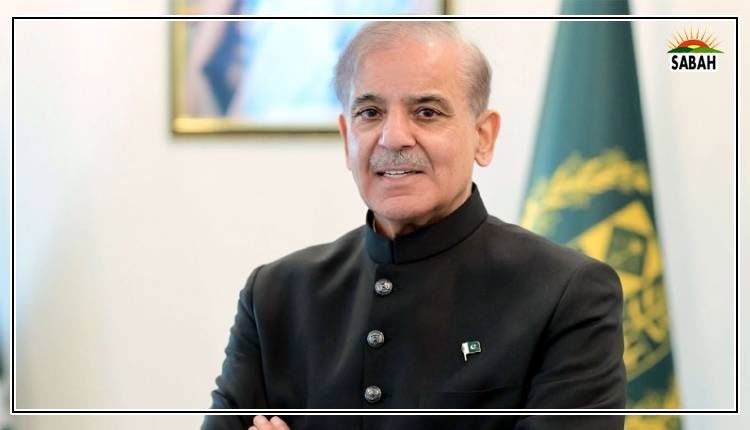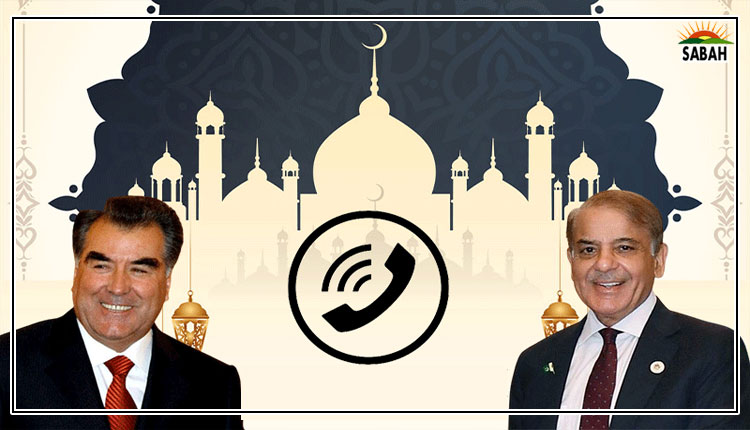Working children …. Rafia Zakaria
THEY are everywhere. Sweeping floors in the homes of the wealthy, serving tea at stands, begging outside shopping malls, cleaning car windshields, working in brick kilns, and tilling the soil. Pakistan has several pieces of legislation that deal with child labour and yet millions of children are exploited and put to work in full view of the rest of us. Today, as they do every year on this day, countries are marking the World Day Against Child Labour. It is estimated that Pakistan has over 12 million children who are victims of child labour.
According to data compiled in 2021, the vast majority of these children are working in the agricultural sector, helping with planting and harvesting wheat and cotton. They also work in the deep sea fishing and poultry sectors. In the industrial sector, they make glass bangles, amongst other occupations. Other hazardous occupations, sometimes claiming their health and life, are coal and gemstone mining. Around 1.5m are forced to beg, while thousands are exploited as sex workers. These are damning, but not shocking, facts. There is no one in Pakistan who does not encounter small children working around them every single day. We have many laws that pretend to address the problem, but the fact that almost none of them are enforced reveals that there is widespread public acceptance of children being put to work. This is a reprehensible situation and a moral indictment of an entire country.
In this atmosphere of apathy and disinterest in making things better, a few grassroots activists are trying to make a difference in the lives of these poor and exploited children. One such activist is a woman farmer called Shagufta Yasmeen. According to Shagufta, when children come to work in the fields, they are often harvesting wheat or cotton. This brings the children into contact with very strong and harmful pesticides that are being sprayed on the crop. Shagufta works with the EU-funded Clear Cotton Project, which is trying to raise awareness about the need to reduce child labour in the cotton fields and especially about the harms of pesticide exposure to children whose brains and bodies are still developing. Long-term exposure to pesticides has also been known to cause cancer and other debilitating conditions in children.
In her report published in The Guardian last August, journalist Zofeen T. Ebrahim asked, “How many more poor child workers must die in Pakistan before change happens?” It is a good question that has still not been answered almost a year later. In the report, the journalist recounts the death of 10-year-old Fatima Furiro who was found dead in a mansion in Khairpur. Her tortured body was later exhumed for autopsy. Furiro had been sent by her parents to work in the home of Pir Asad Ali Shah Jeelani. The postmortem confirmed that the little domestic worker had been tortured, raped and abused over a protracted period of time. Videos showing an injured Fatima struggling to sit up before collapsing went viral.
Wealthy members of society, who otherwise espouse a great commitment to charity, ignore the exploitation of young domestic workers.
Of all the child workers whose childhood and innocence are trashed when they are sent to work, little girls working in domestic settings are perhaps the most vulnerable. Educated and wealthy members of society, who otherwise espouse a great commitment to charity and to being good Muslims, regularly ignore the exploitation of these little girls, even though it takes place under their very noses every single day. Because these girls work in private spaces in the homes of people, they can easily be physically and sexually abused without any consequences for the perpetrator.
In other cases, these little girl workers who are barely 10 or 11 years old themselves are employed as caregivers for small babies. As wealthy mothers’ shop, chat with friends, and eat at fancy restaurants these little girls trail them like slaves who are indentured to serve and cannot expect any just or fair treatment. Nearly everyone in cities like Karachi and Lahore has seen these little girls sitting on the side or the floor while the rest of the family enjoys a fancy meal without even thinking of feeding them.
It is just this sort of dehumanisation, perpetrated by the well-educated and wealthy, that allows child labour to continue unchecked in the country. The reason that legislation, whose ostensible purpose is to end child labour and protect our young ones from the kind of brutality inflicted on little Fatima Furiro, is not implemented is because, in this land of inequality, there is no accountability of the wealthy and influential, who are, in fact, given a free pass after every atrocity they commit. When everyone thinks that exceptions can be made in the prohibition of child labour, tacit acceptance is created in society for this scourge: the children of the poor are seen as fair game when it comes to wanting things done very cheaply.
The persistence of child labour and child exploitation in Pakistan is a moral issue. Despite all the commitments to goodness and charity and being faithful Muslims, people simply do not think that exploiting children is a condemnable act. This is why, even as we see children being beaten up, forced into begging, and kicked around in front of our very own eyes we do not raise our voices or punish the culprits.
This extends to law enforcement and other government institutions that, too, look the other way when they should be catching and imprisoning the perpetrators, however rich and powerful.
Everyone likes to condemn evil practices in theory but then they stay quiet and are, in fact, complicit in their perpetuation. Collectively, this is a moral indictment of an entire country, and reveals a deep ethical bankruptcy that sees little wrong in the failure to protect the most helpless and vulnerable in society.
The writer is an attorney teaching constitutional law and political philosophy.
rafia.zakaria@gmail.com
Courtesy Dawn, June 12th, 2024












